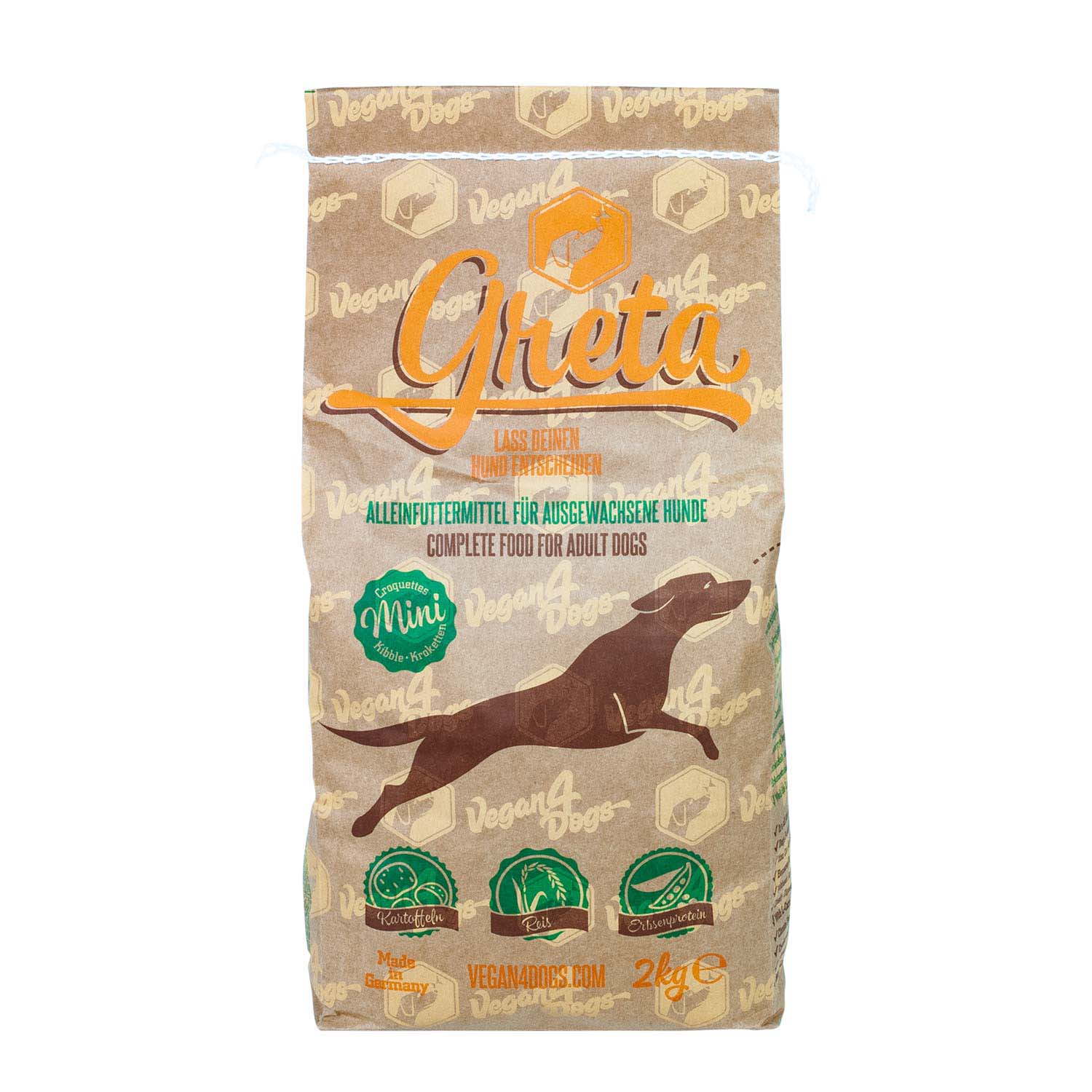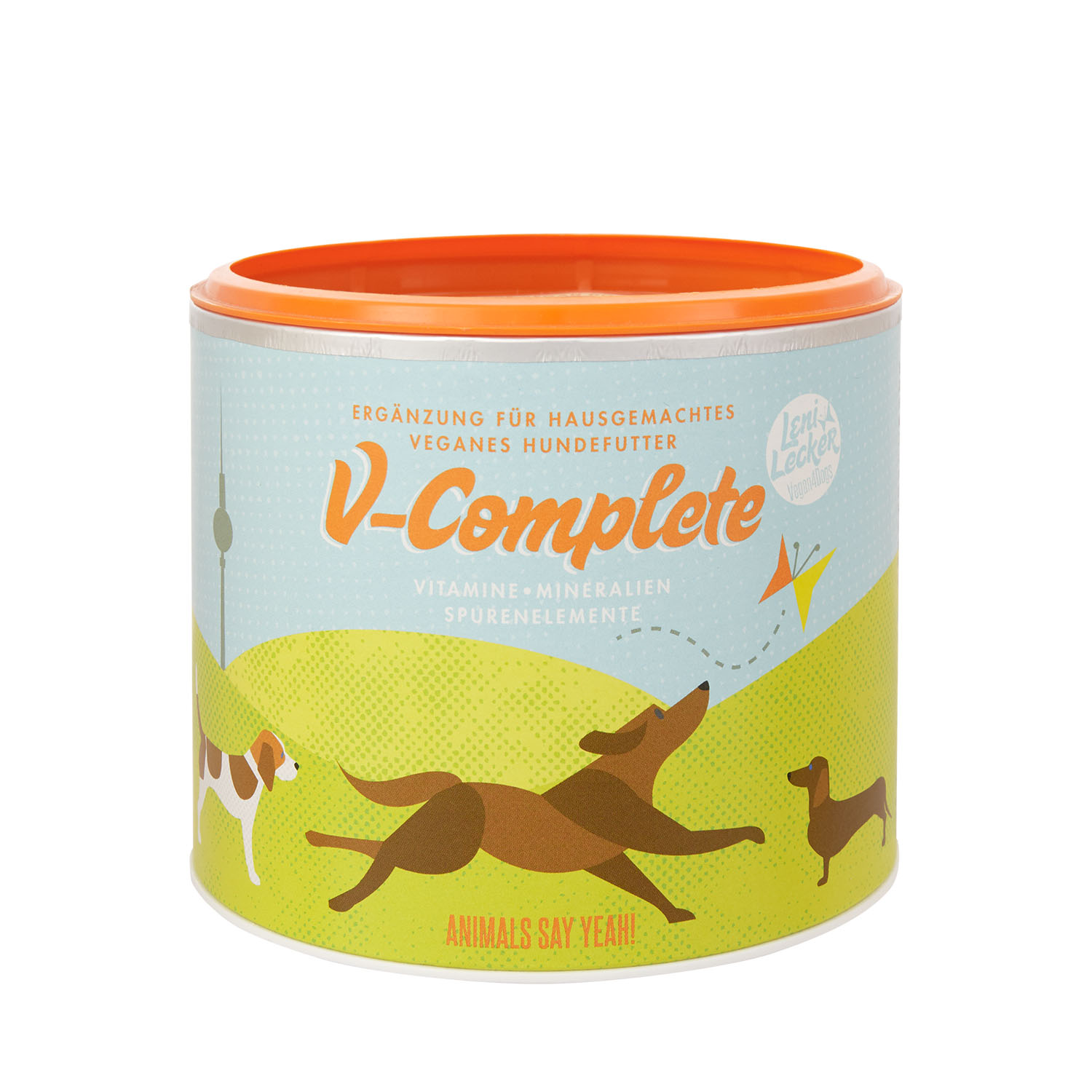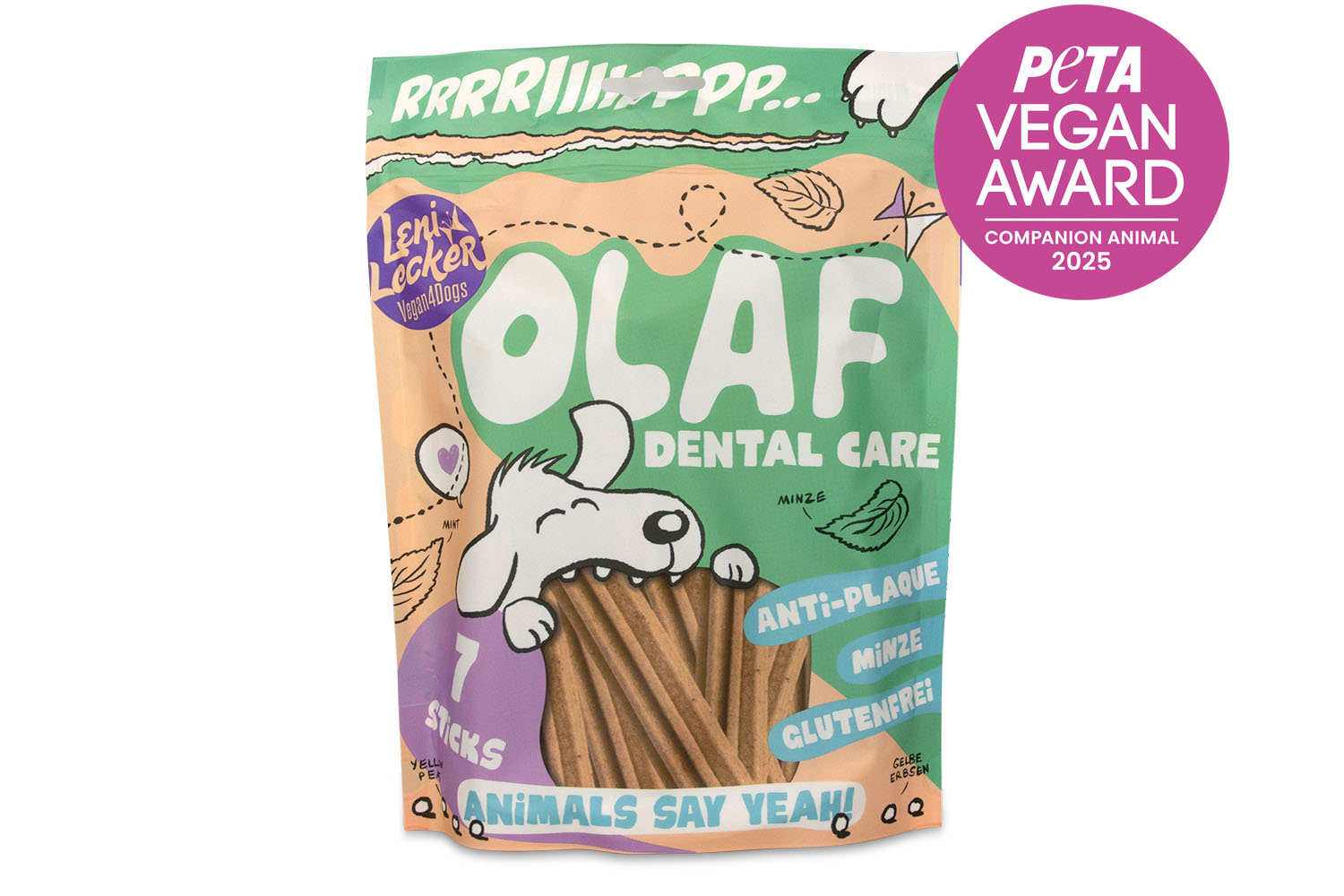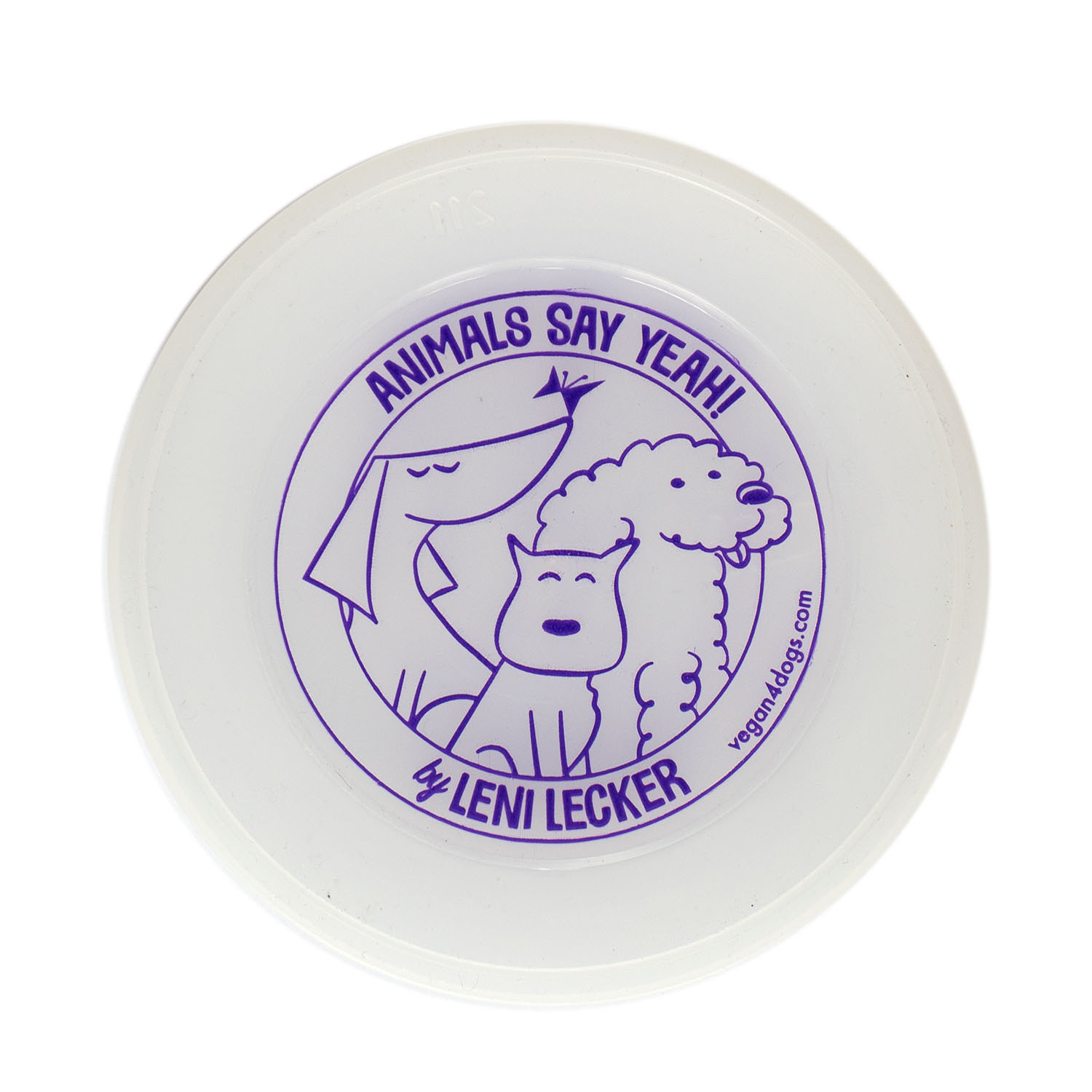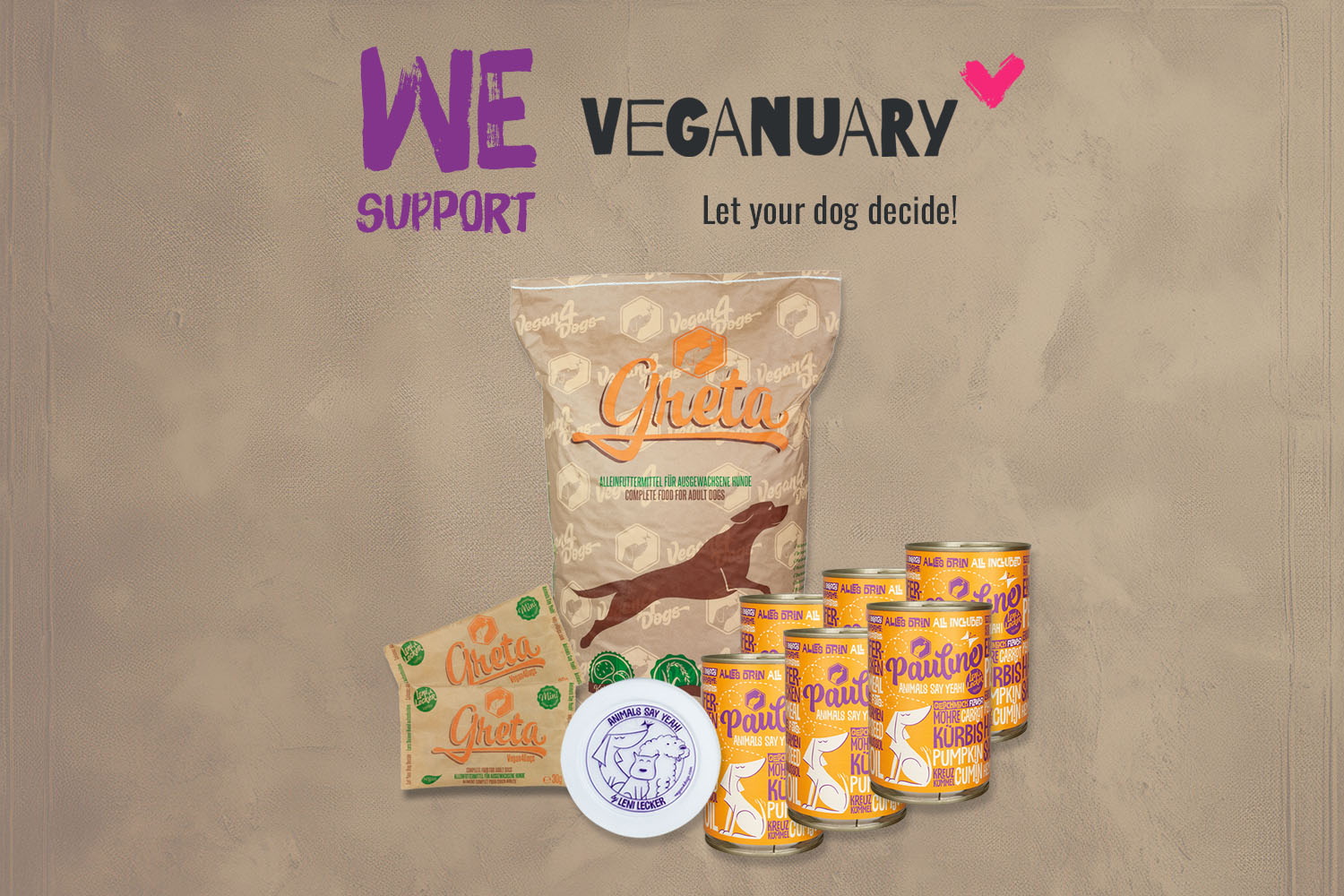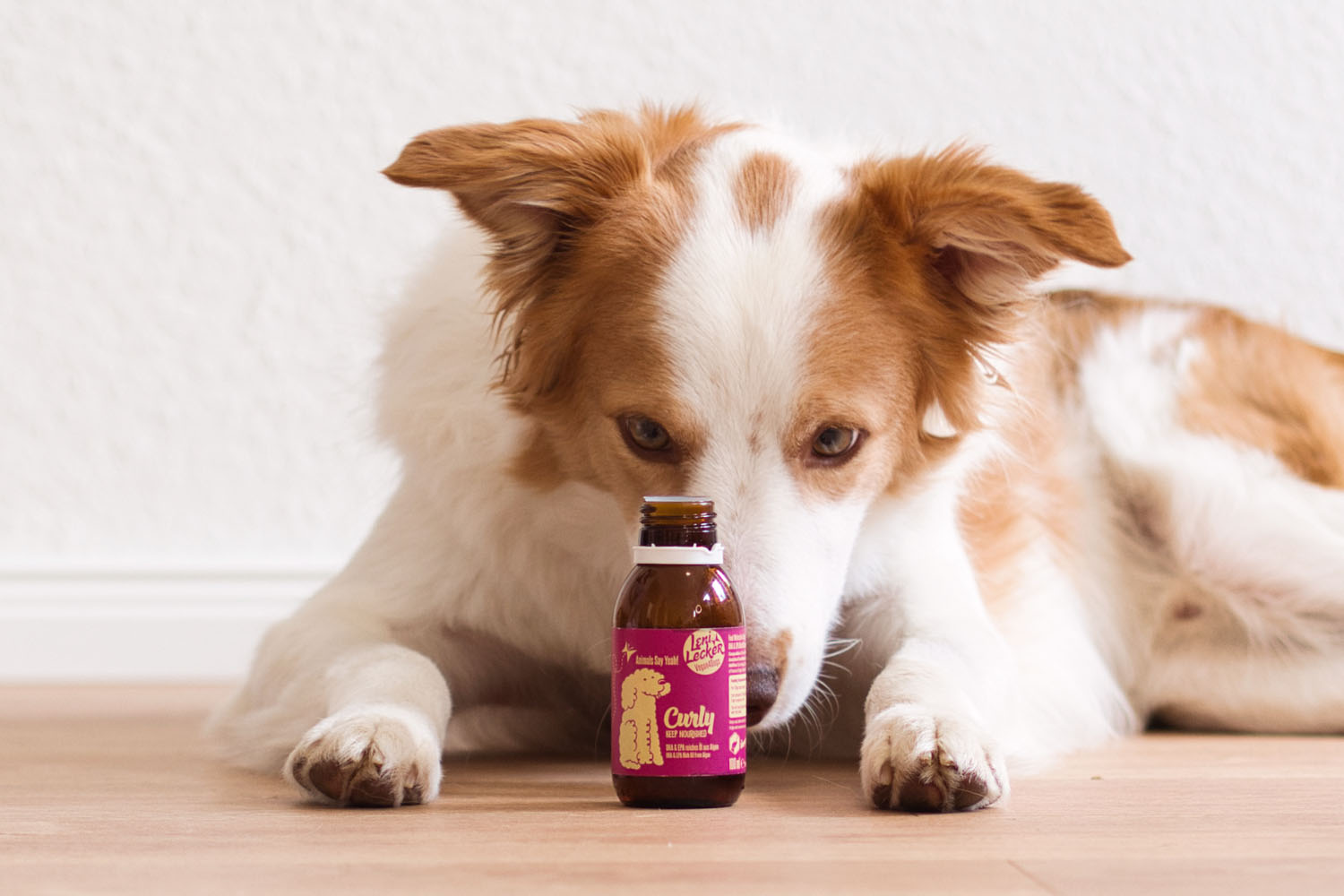
Powered by Plants - The Power of Plants
The power of plants Many people report increased health and vitality in their vegan dogs. No wonder more and more people are opting for the cruelty-free alternative because of their four-legged friends' illnesses, intolerances or allergies. This sounds like music to my ears, but we are far from done with the plant concert!
Allergic reactions due to animal protein
According to allergy expert and veterinarian Dr. Alfred Plechner, animal proteins trigger the most allergic reactions. Beef is at the top of the list. Even switching to other animal sources was often unsuccessful. This is because milk, lamb, pork, cereals, eggs, dog, fish and rice are also named as the main allergens¹. Therefore, more and more meat-free diets have been formulated to counteract allergies. Such diets can also provide symptom relief for diseases that require reduced-protein or low-purine diets (e.g. leishmaniasis). Since a plant-based diet has reduced protein and fat content and more fibre, it can contribute to a healthy body weight. This is particularly helpful for obese animals. It can also improve associated arthritis, as it prevents the body from becoming over-acidic - a boon to the musculoskeletal system.Improvement of symptoms
Diabetes and associated eye diseases can decrease, even grey starlings. Vegan animals have fewer ectoparasites such as fleas, ticks, mites and lice². In addition, the vegan diet can lead to improved coat and skin. A nice side effect is that the smell of faeces is more pleasant. You'll also be happier sniffing your dog, because your dog's body odour will disappear too. Reports show: The longer a dog is on a vegan/vegetarian diet, the greater the likelihood of good health. The risk of developing cancer, infections, hypothyroidism or obesity is low. In this respect, veganism is better than vegetarianism. Nutritional yeast and garlic in certain amounts help overall health and are good for the coat³. Dogs fed a soy-free diet seemed to be healthier. Soy is also an allergen and can cause skin and other reactions. Many meat-based diets use meat that is considered unsuitable for humans (e.g. expired meat, diseased animals). As a result, these contain harmful substances such as pathogenic bacteria, viruses, hormone and antibiotic residues. One more reason to turn to greens, right? The vegan market for dogs is on the rise. More and more people understand that this type of diet does not harm their dog, but on the contrary can be really good for them! Is your dog already using the power of plants?Sources
¹ https://laboklin.com/at/laboklin-aktuell/details/article/futtermittel-assoziierte-unvertraeglichkeiten-bei-hund-und-katze/² https://www.ncbi.nlm.nih.gov/pmc/articles/PMC5035952/#sec5-animals-06-00057
³ https://sustainablepetfood.info/vegetarian-canine-diets/ Niko Rittenau Kann man Hunde und Katzen vegan ernähren? Interview Dr. Andrew Knight auf Youtube Kann man Hunde und Katzen vegan ernähren? • Dr. Andrew Knight Alfred J. & Zucker, Martin. Haustierallergien
Comment area
Write a comment


